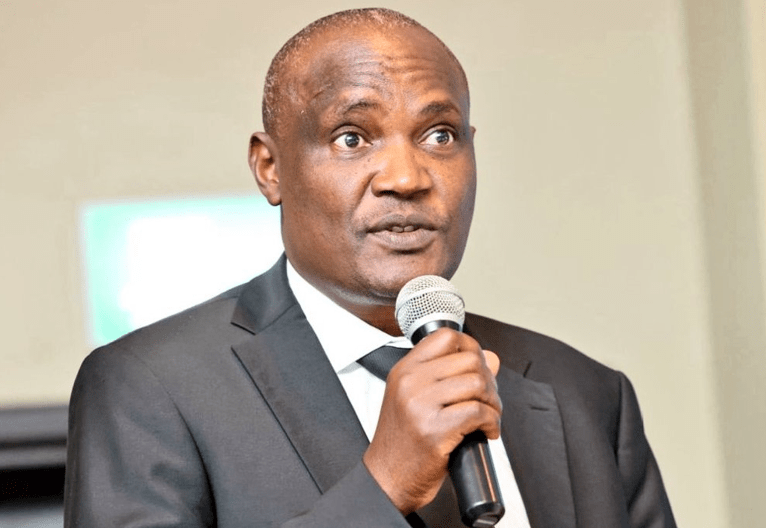Mbadi faces arduous task of healing economy

Other than President William Ruto, National Treasury Cabinet Secretary John Mbadi probably holds the most difficult job in Kenya today.
Mbadi faces a complicated political, economic and social challenge requiring radical but humanely sensitive solutions.
The monstrosity of this challenge was vividly exposed by the recent youth-led Gen Z protests that highlighted huge public anger at the dearth of good governance stifling democracy and socio-economic development.
Kenya profoundly needs far-reaching political (electoral) and economic reforms to emerge from the deep-rooted corruption, insecurity, unemployment, negative ethnicity, deceit and arrogance characterising the management of the nation’s affairs.
Mbadi’s mammoth task is to ably steer the country’s tenuous economic recovery out of this toxic concoction of malaise and impunity breeding discontent, anger and disillusionment expressed in anti-government demonstrations.
Economic recovery is often attributed to war and post-conflict situations. While Kenya has not exactly been in this type of situation, Mbadi must take account of seemingly similar conditions facing the nation.
There is broad consensus that economic recovery, conflict resolution, enhancement of constitutional and human rights and peacebuilding are vital for growth and human development, alongside political and security imperatives.
When he was the opposition minority leader in Parliament, Mbadi eloquently described President Ruto’s Cabinet as carrying a skunk that he would have to live with even if it meant he would be vilified.
Now that he is part of a political settlement that saw him join the same Cabinet and temporarily quell the Gen Z protests, he must equally take responsibility for the skunk he only recently vehemently condemned.
Politics aside, the CS must delicately walk the difficult path of economic recovery efforts. The genesis of the Gen Z protests that brought the government to its knees was the Finance Bill, 2024 and its harsh tax measures that ended in the dustbin.
However, it is now apparent that certain aspects of the bill massively rejected by the public will find their way back in Mbadi’s and effectively Ruto’s economic recovery plan, but with cautionary trepidation of restless citizens.
Amid the slew of shady dealings reported by the Auditor-General, Controller of Budget and other transparency and accountability reports, the government is coming under mounting scrutiny over ineptitude in tackling rampant corruption.
Recovery plans must factor in economic resilience, climate change impacts and the lingering effects of COVID-19, working with the private sector to offer economic stimuli to formal and informal sectors with accessible credit to spur growth.
Unfortunately, the same convenience was not available for African countries with huge public debt. Mbadi recently announced that the Auditor-General is reviewing Kenya’s Sh10.5 trillion debt and its creditors.
Anti-tax protesters had demanded the audit of the borrowing, compelling the government to renounce scheduled tax increases. He has revealed plans to cut taxes and lower pay-as-you-earn (PAYE) rates.
To assuage public disaffection at unfavourable government policies, Mbadi must go further. Treasury’s decisions need to resonate with the plight of Kenyans burdened by a high cost of living by negotiating debt concessions to generate funds for development and cushion citizens from extreme poverty.
Reduced taxes may encourage spending for growth and investment, leading to higher tax revenues, but the recovery programme requires fiscal discipline and revenue generation to ensure long-term economic stability.
Critically, the Treasury honcho must urgently address the unacceptable inordinate delays of budgeted funds for counties and the education and health sectors, payment of pending bills, and the crushing unemployment problem among the youth.
— The writer comments on economic affairs-












